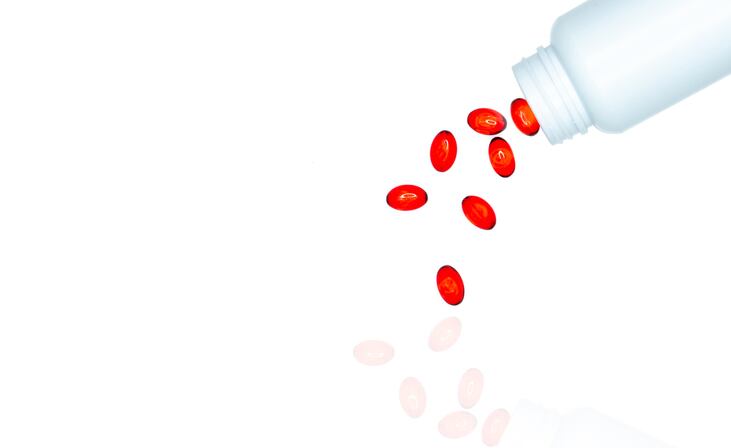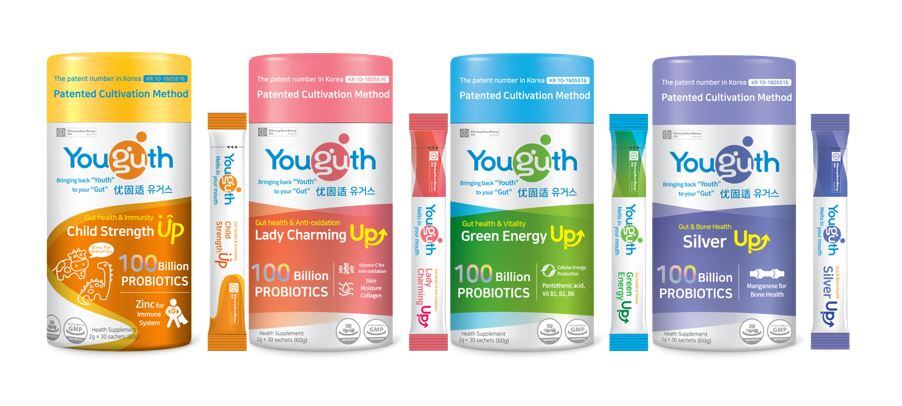The Ministry of Food and Drug Safety (MFDS) has proposed changes for products containing chromium, beta-carotene, vitamin K, B1, B2, B12, pantothenic acid, biotin, and potassium.
For all the nine nutrients, the regulator has proposed to add in the precaution ‘in the event of an abnormality, discontinue consumption and consult an expert’.
It also advised for an additional precaution tagged to four of the ingredients.
For example, products containing vitamin K will come with the precaution ‘consult a specialist when taking anti-coagulants.’
Whereas for potassium, consumers will be advised to consult a specialist if they are suffering from kidney or gastro-intestinal diseases.
The regulator also advised smokers and diabetic patients to adhere to the same advice if they are taking beta-carotene and chromium respectively.
On the other hand, the regulator proposed new testing methods for five vitamins, namely vitamin D, B2, B6, B12, and biotin.
This is to improve the accuracy in analysis of health functional food properties and their nutrient content, said the regulator.
The proposal is up for public consultation which ends on July 31.
If the recommendations are passed, products made in accordance with the previous regulations may be sold until the expiry date.
Safety first
The goal of the proposal is to provide product safety information for people new to dietary supplements containing the ingredients, said MFDS.
In fact, the recommendations were made based on the ministry’s completion of safety and function studies on the ingredients last year.
Prior to the evaluation last year, the upper limits of the ingredients were not determined in the ‘Korean Nutrient Intake Standard (2015).
During that evaluation, the regulator also found that chromium could contribute to carbohydrate, fat, and protein metabolism in the body.
Earlier this year, MFDS also announced the plan to conduct another round of safety and functionality evaluation on 12 functional raw materials, which includes ginseng and milk thistle extract.
“The MFDS will continue to strengthen the safety management and quality control of health functional foods, so that consumers can trust the health functional foods,” it said.





